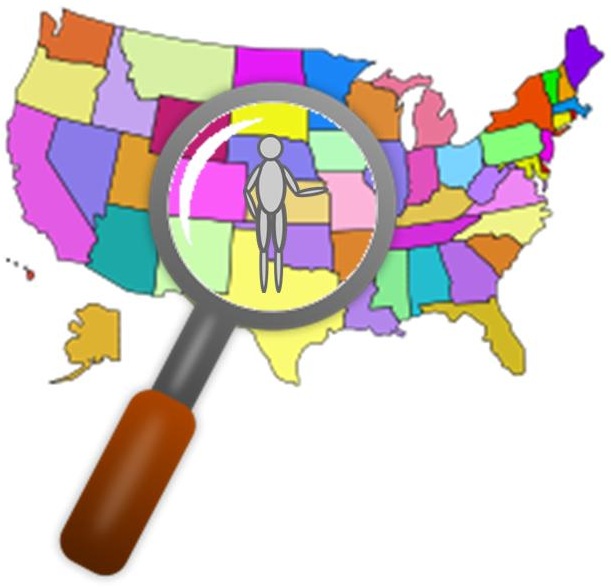[youtube http://www.youtube.com/watch?v=qnAEsnjA8kE]
Two photographers have taken the mobile technology to a new level and created a fascinating exhibition.
Two photographers, named Nate Larson and Marni Shindelman, have joined efforts to create a photographic exhibition that they have entitled “Geolocation” due to the use of this form of mobile technology as they pursued public tweets and snapped images of the places where they took place.
In a unique and modern form of capturing the moment, this new style has drawn considerable attention.
The geolocation project is ongoing, as the artists continue their efforts to match moments with the places in which they occurred. The two photographers create the pieces by scanning through Twitter for messages that consist only of text, but that also include their location data. The next step is to actually travel to the precise spot that they feel that the tweet originated.
Once they find the place, the geolocation photograph is taken in order to provide a visual for the Tweet.
The result is a fascinating combination of everything from curious to clever and from sweet and touching to haunting and bizarre. Once the artists use the geolocation technology from the chosen tweet, it will usually take them a week or two to actually reach the precise spot. That said, there have been times that they have been able to find the place and take their photograph of the situation within an hour of having chosen the tweet that inspired it.
These contemporary artists make their best efforts to use the latest in geolocation to help to capture the situations that are generating the messages that are being publicly tweeted.
One picture, taken of the front of an auto parts and service shop came with the tweet caption “Cars are nothing but money pigs #hateit #waitingsucks #impoor”. Another shot of a car in a hotel parking lot that is otherwise mostly empty was captioned “Tell me I’m not making a mistake. Tell me you’re worth the wait.”
The photographers have already traveled in the United Kingdom, the United States, and Canada using geolocation technology and the social network posts. They hope that they will also be able to add the Middle East, Russia, South Korea, and Kosovo to their list.
 The think tank has raised considerable concerns regarding consumer safety and security.
The think tank has raised considerable concerns regarding consumer safety and security.
In 2012, a geolocation privacy bill by Senator Al Franken (D-Minnesota) was approved by the Senate Judiciary Committee, in order to provide the users of smartphones with a greater degree of control over the way that their data is controlled.
However, the Information Technology and Innovation Foundation feels this legislation is problematic.
The law that was proposed would make it necessary for app developers to require users to specifically opt in to programs that would allow for the collection or disclosure of geolocation data. It would no longer be permitted for apps to automatically select that option, so that users would need to actively opt out if they did not wish to share their information in that way.
The geolocation data was not being protected by the companies that collected it, said Franken.
According to the senator, the “Companies that collect our location information are not protecting it the way they should.” At that time, he made reference to a number of errors and blunders regarding privacy, which had drawn considerable media attention. This included reports that Android and iPhone devices were sending the geolocation data of their users to Google and Apple.
Not to mention the CarrierIQ fiasco. That company was a part of a high profile discovery in 2011, when the researcher demonstrated that its software was capable of logging the keystrokes that were made on smartphones.
While it is Franken’s intention to reintroduce the geolocation privacy bill in 2013, Information Technology and Innovation Foundation (ITIF), a think tank, is openly arguing that this proposed law may not encourage positive changes. In fact, it called the legislation “particularly problematic for apps that are supported by location-based advertising.”
It explained that the bill, which was designed to protect a user’s privacy in the face of geolocation technology and use, would require a user to have to give consent every time the app intends to work with a new ad network. This, they say, would generate awkward consumer notices. The think tank’s behaviors in the past have not indicated that they are adverse to advertising techniques such as pop-ups, which they recently used to state that they were rejecting do-not-track requests.

 The think tank has raised considerable concerns regarding consumer safety and security.
The think tank has raised considerable concerns regarding consumer safety and security.